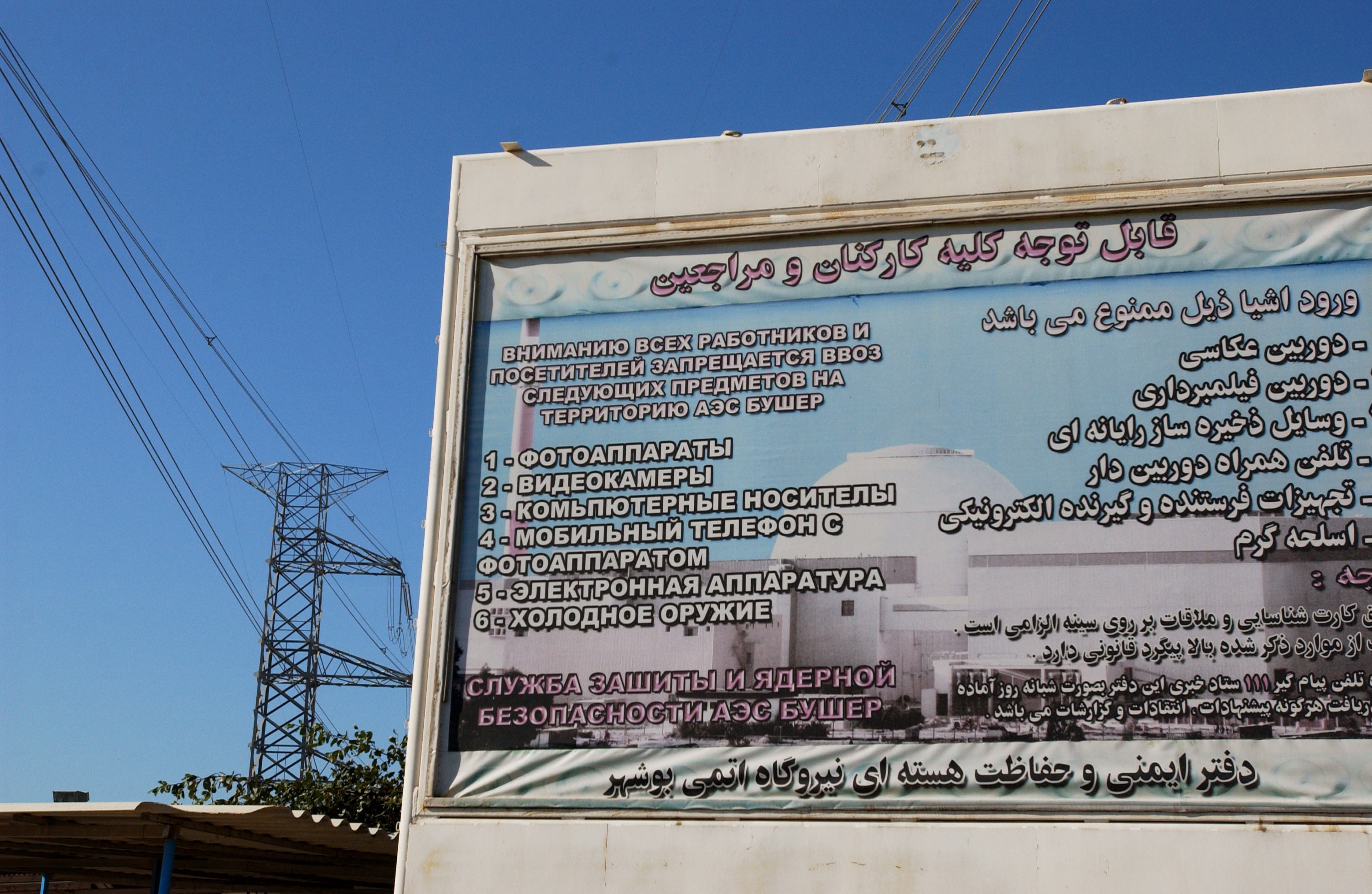ID :
364847
Fri, 04/24/2015 - 13:04
Auther :
Shortlink :
https://oananews.org//node/364847
The shortlink copeid
Six world powers, Iran to start work on final text of nuclear deal

VIENNA, April 24. /TASS/. Political directors of six world powers (five permanent members of the UN Security Council and Germany) and Iran will sit down at the negotiating table in the Austrian capital on Friday to work out the final text of the agreement on the Iranian nuclear programme. Their meeting is expected to prepare separate fragments of the document.
Following the Lausanne agreements on a political framework of the document, experts have started elaboration of the technical details and the agreement’s draft working out. A participant in the negotiations told TASS on Thursday that some provisions have already been agreed upon. According to him, up to "two-thirds" of the text are ready. "The nuclear programme limitation part has been practically fully agreed, and part of the document remains undeveloped," he added.
The source said that the issue of lifting of sanctions on Iran has not been agreed, which has been confirmed by Iranian diplomats. According to them, "many uncertainties" remain in this matter.
In addition, TASS has learned that the "sextet" countries themselves differ on the way in which UN sanctions against Iran can be re-introduced if at some point Tehran would start to evade fulfilling its obligations concerning the nuclear programme control. "So far there is no unanimity both on the need to adjust such mechanism and its work principles," the source said. In particular, the question is "whether or not this commission will make a decision on a majority basis or by consensus." He also said that some participants have challenged the very need for such a body that would practically duplicate the UN Security Council concerning Iran’s nuclear programme control.
On Thursday, Russian Deputy Foreign Minister Sergei Ryabkov told reporters in Moscow that the mechanism of a possible restoration of the sanctions regime against Iran should not be automatic. "If any partners at talks pose a question on the possibility of returning to sanctions against Iran in a hypothetic situation of its failure to fulfil its commitments, then there should be no automatism in this process," the diplomat said. The decision on this should be taken in accordance with the procedures of the UN Security Council, in other words through the voting in the Security Council and by adopting a respective resolution, he added.
Iran and P5+1 group (Russia, US, UK, China, France and Germany) reached a breakthrough agreement in Switzerland’s Lausanne on April 2 on containing Tehran’s nuclear programme in exchange for gradual sanctions relief. The deadline for coordinating the final agreement is June 30.
Ryabkov said that Russia during the current round wanted to make sure that the agreements reached earlier in Lausanne are not questioned. "Unfortunately, in recent days and weeks of signals have been coming from different capitals making us think about it and double check whether this is really so," Ryabkov said.
He also said that Moscow would insist on lifting the arms embargo on Iran. "One of the priorities and important objectives for us is convincing all the colleagues, all participants in these negotiations that the arms embargo against Iran should be lifted first of all," he said. "One of the first measures to abolish the existing sanctions must necessarily be lifting the arms embargo," said Ryabkov.
In general, despite the existing differences, both representatives of the ‘sextet’ and Iranian diplomats are confident that they will be able to agree on the final document by the specified deadline - late June. "There is an understanding that now nobody will be able to refuse from working out the agreement," said a western delegation representative. The confidence that the document will appear this summer is growing. It can be said that all the parties believe in this. Certainly, nobody can guarantee that the June round will not drag on, he said. "But we will try to meet the June 30 deadline."
Read more





